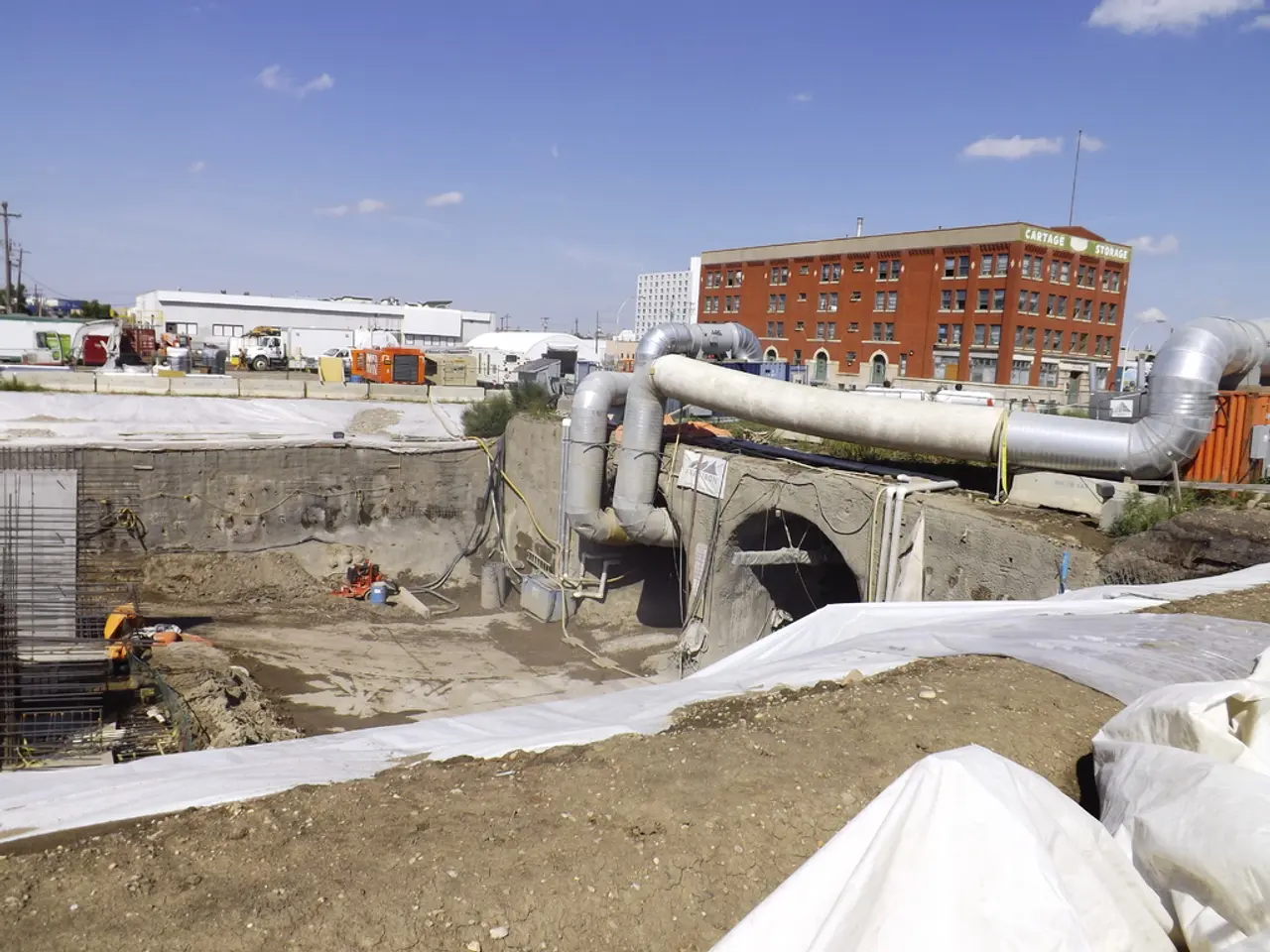Engineering Data Pipeline for Political Campaigns Utilizing Python and Airflow
In the fast-paced world of political campaigns, data plays a crucial role in shaping strategies and making informed decisions. To efficiently collect, process, and analyze large amounts of data, political campaigns are turning to Python and Apache Airflow.
Python, a general-purpose, high-level programming language, offers an easy-to-learn syntax, making it ideal for political campaigns looking to automate their data engineering pipeline without learning a new language from scratch. Python scripts collect, clean, process, and prepare data for analysis, handling tasks such as sentiment analysis on social media data.
Apache Airflow, an open-source workflow management platform, steps in to orchestrate these tasks. It schedules them, ensuring they run reliably and on time, and provides features such as logging and error handling. Airflow allows users to define tasks, schedule them, and monitor their progress, making it perfect for handling complicated political campaigns involving multiple parties.
Tasks are embedded as Python scripts in Airflow's Directed Acyclic Graphs (DAGs). This means that tasks are linked in a way that ensures they run in the correct order, and if one task fails, subsequent tasks are not affected. Airflow logs exceptions, triggers alerts, and retries failed tasks automatically, ensuring smooth operation of the pipeline.
Pipelines can grow by adding new tasks, data sources, and resources to handle larger datasets. Commonly used databases include PostgreSQL, MySQL, and cloud data warehouses like BigQuery or Redshift. Some pipelines support near-real-time updates by polling frequently and processing new data continuously.
Apache Airflow's orchestration capabilities allow campaigns to define complex multi-step pipelines to run data extraction, transformation, and loading (ETL) processes reliably and monitor their status, preventing manual errors and improving scalability. For example, a DAG can be configured to extract voter interaction data and sentiment from social media streams, process and clean the data using Python libraries, store the results in databases optimized for query performance, run analytics to segment voters or track opinion trends, and update dashboards that guide campaign messaging and field strategies.
The automation provided by Python and Apache Airflow ensures timely, data-driven insights to optimize voter targeting and resource allocation, significantly reducing manual overhead and accelerating campaign responsiveness during elections. The flexibility of Python's extensive data ecosystem combined with Airflow’s reliable scheduling and monitoring creates an efficient modern pipeline for political data engineering.
In summary, Python is the core language for data processing and machine learning tasks, while Apache Airflow orchestrates these tasks across scalable, repeatable workflows, enabling continuous data-driven optimization of political campaigns.
- Social media data can be analyzed using Python scripts, which clean, process, and prepare data for analysis, including sentiment analysis.
- To handle complicated political campaigns involving multiple parties, Apache Airflow's Directed Acyclic Graphs (DAGs) are used to define tasks, schedule them, and monitor their progress, in a reliable and efficient manner.
- Technology like Python and Apache Airflow, combined with resources such as cloud data warehouses and educational tools, empower political campaigns to make informed decisions about voter targeting, education, and self-development, by leveraging data from various sources.




